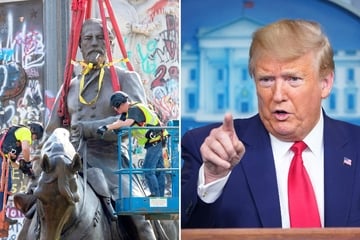US reparations activists demand more ahead of UN convention on racial discrimination
Geneva, Switzerland - With the United Nations' Convention on the Elimination of All Forms of Racial Discrimination underway in Geneva, Switzerland, reparative justice in the US is in the spotlight.
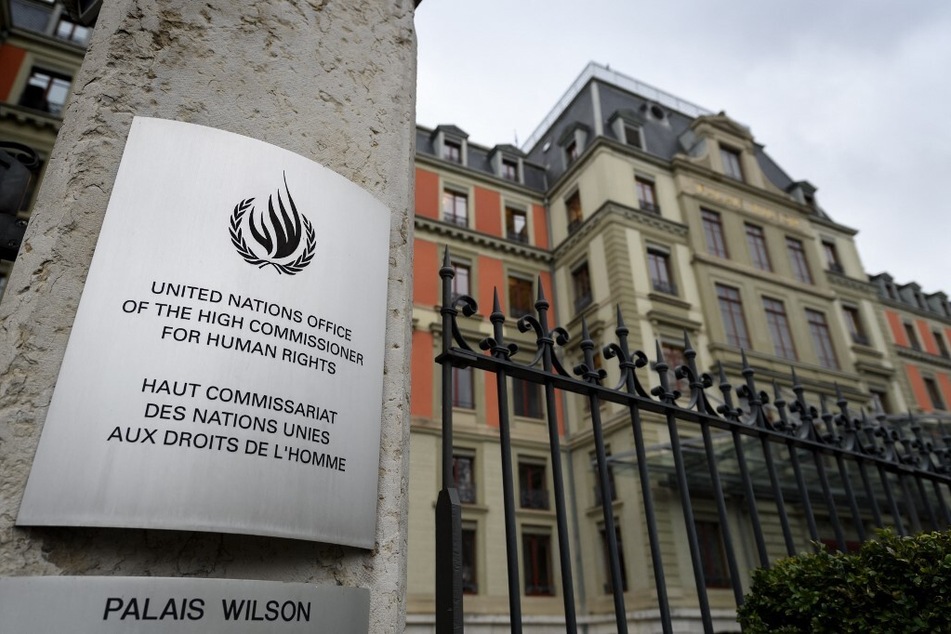
Every few years, the US and other states that have signed on to the United Nations' International Convention on the Elimination of All Forms of Racial Discrimination (ICERD) undergo a review of their efforts to end racism within their borders.
The US first signed the convention in 1966 under President Lyndon B. Johnson, but it wasn't until 1994 that it fully ratified it.
Member states are expected to take active efforts to eradicate racial disparities that exist both by intent and in practice.
For this year's convention, the US government has submitted a report detailing its accomplishments in racial justice, as well as areas still in need of work. NGOs active across a wide range of social justice issues – from immigration reform to Indigenous rights – also put forward reports highlighting their perspective on the federal government's initiatives.
Reparations advocates provided their own reports and will be on the ground in Switzerland during the proceedings. Here's what you need to know about the convention and what activists have to say about the US' progress in the field of reparative justice.
ICERD lays the groundwork for reparations claims
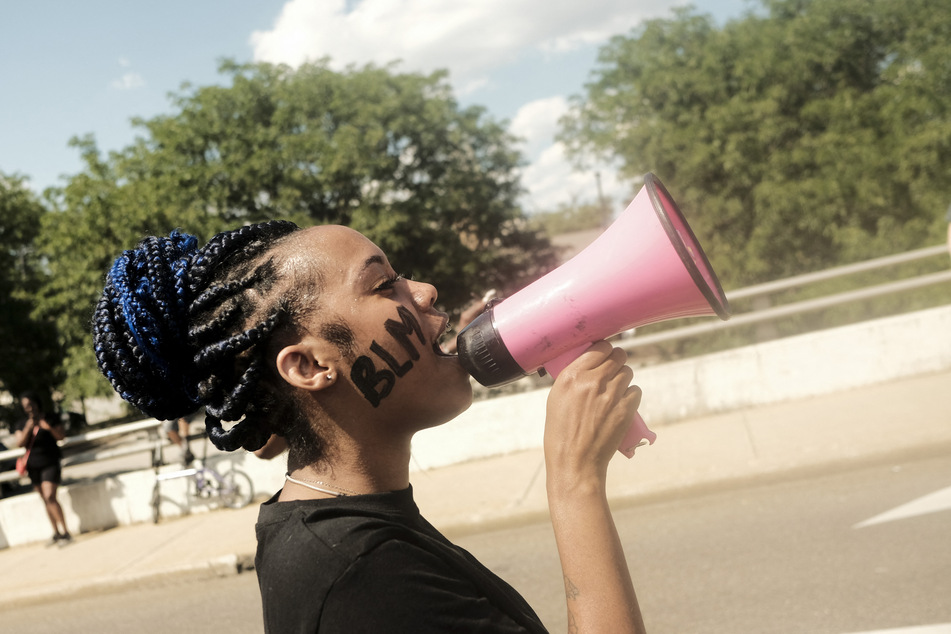
The right to seek redress for historic wrongs perpetrated against racial minorities is protected by the UN convention.
The ICERD Articles are pretty explicit on this, too. This is the document that lays out principles and requirements for state parties as they seek to put an end to racial discrimination. It affirms the right to equal treatment in housing, education, employment, immigration, the criminal justice system – and reparations.
Article 6 of the convention specifically addresses "the right to seek... just and adequate reparation or satisfaction for any damage suffered as a result of [racial] discrimination."
This forms the basis of many reparationists' claims that the US government is not following through on its responsibilities under the convention.
What's missing in the US report?
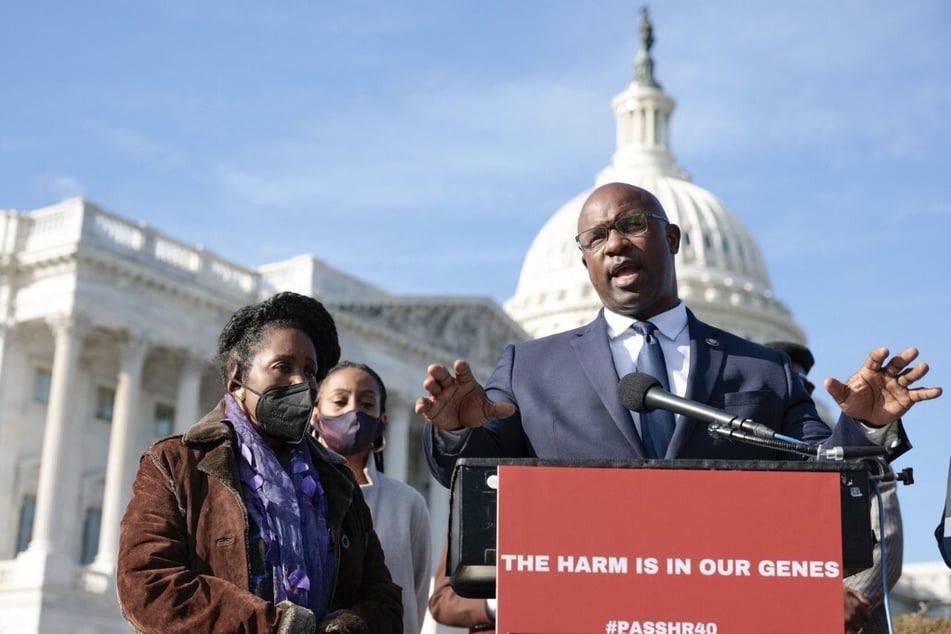
By contrast, the current US report reads like a laundry list of the Biden administration's self-proclaimed accomplishments, with facts and figures about investments in various government programs, prosecutions in discrimination cases, and more.
But the sheer number of complicated acronyms and lofty sums can't hide the fact that some of Black Americans' most pressing racial justice concerns are not adequately addressed.
Amid rising concerns over police brutality, the Biden administration points to the White House's support for the George Floyd Justice in Policing Act, legislation that failed in the Senate.
President Biden did sign an executive order on policing in May that delivers modest reforms, but the measures are nowhere near those demanded by the Black Lives Matter movement, which is seeking a historic divestment from law enforcement and reinvestment in community and social services. These grassroots demands do not get a mention, nor does the fact that Biden has actually increased police department funding since George Floyd's murder.
Also missing from the report is any mention of steps toward establishing a federal reparations program for Black Americans, in line with ICERD's Article 6. The word "reparations" does not appear once in the US report, despite growing support in Congress, within the Democratic Party structure, and among the American people.
HR 40, the Commission to Study and Develop Reparation Proposals for African-Americans Act, has record support among House Democrats, with enough confirmed votes to pass in the lower chamber, advocates say. Activists have also called on the Biden administration to establish the commission by executive order – demands that have so far fallen on deaf ears.
By not mentioning demands from Black Lives Matter and reparations advocates, the US government gives the impression that it is approaching racial justice top-down rather than working with afflicted communities themselves.
What are NGOs and human rights groups saying about reparative justice?
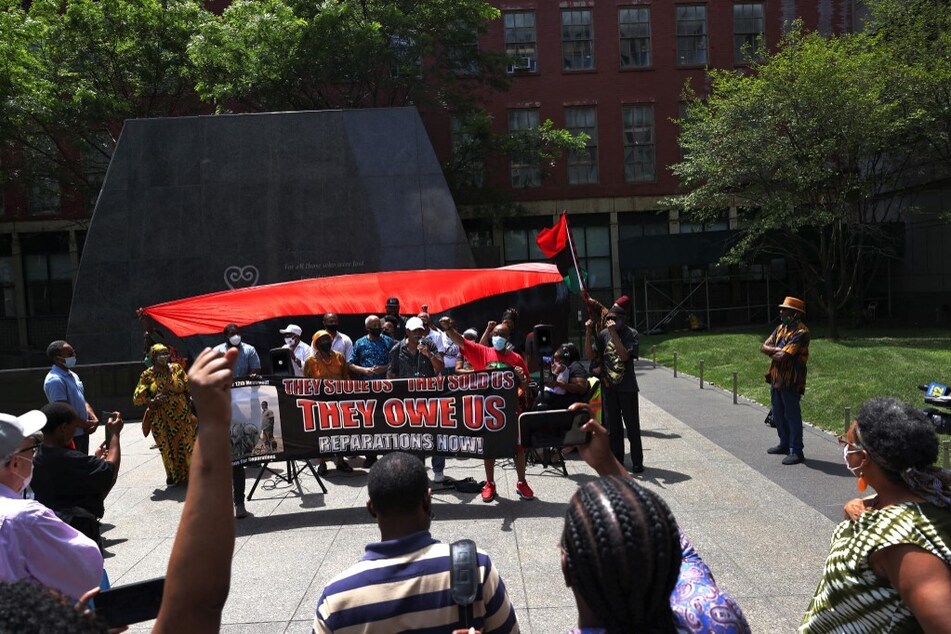
That's where NGOs and human rights groups come in to fill in the gaps. They note that continued racial disparities across wealth, income, education, housing, health, voting rights, and the carceral system mean the US is not holding up its end of the bargain.
In a joint report, the American Civil Liberties Union (ACLU) and Human Rights Watch (HRW) point to the enormous profits the US government has reaped from the historic oppression of Black Americans. "Scholars have estimated that the US benefited from 222,505,049 hours of forced labor between 1619 and the end of slavery in 1865, which would be valued at $97 trillion today," their document states.
Enslavement, Jim Crow, and even contemporary US government policies have a significant impact on Black economic attainment: "With the current pace and growth of wealth among Black families, it will take an estimated 230 years for Black families to obtain the same amount of wealth that white families currently have."
The ACLU and HRW mention HR 40 by name and specifically recommend that the US "establish a federal commission by legislative action or executive order to study and develop reparations proposals for the descendants of enslaved people."
The US National Human Rights Cities Alliance and the National Conference of Black Lawyers are among the groups that have echoed calls for the passage of HR 40 and a national reckoning with the legacy of enslavement through reparative justice.
The UN Committee on the Elimination of Racial Discrimination will have its own opportunity to respond to the US government's report, plus the demands from reparationists and other activists, as the US review kicks off on Thursday and Friday in Geneva.
Cover photo: Collage: Fabrice COFFRINI / AFP & Michael M. Santiago / GETTY IMAGES NORTH AMERICA / Getty Images via AFP
